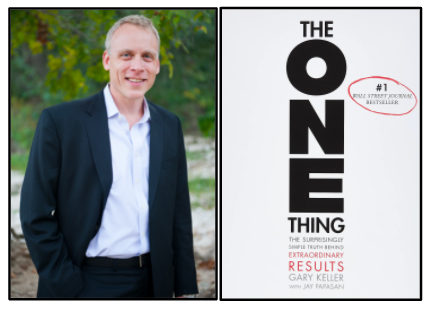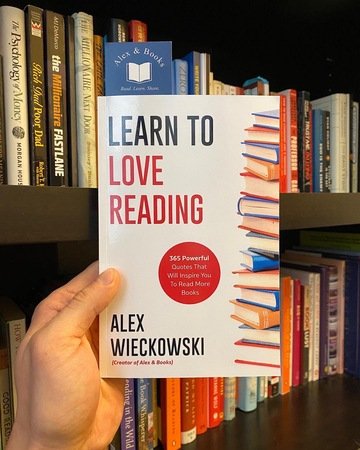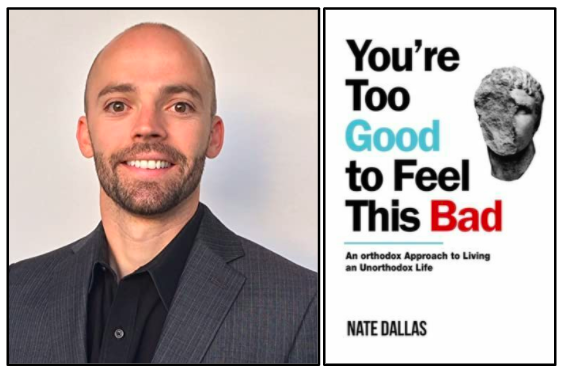Writing is hard, but becoming a writer is even harder. However, this doesn't mean it's impossible. Becoming a writer takes a lot of time, energy, and focus. One must practice every day. Furthermore, writers should seek mentors, such as successfully published authors. Although not everyone can have such a mentor, everyone can read books to improve their craft and take a step closer to becoming a writer.
And remember, practice and rejection cannot be avoided on the journey to becoming a writer. Even legendary writers know this lesson.
““Stephen King’s first four novels were rejected. ‘This guy from Maine sent in this novel over the transom,’ said Bill Thompson, his former editor at Doubleday. Mr. Thompson, sensing something there, asked to see subsequent novels, but still rejected the next three. However, King withstood the rejection, and Mr. Thompson finally bought the fifth novel, despite his colleagues’ lack of enthusiam, for $2,500. It was called Carrie. ”
3) "The First Five Pages" by Noah Lukeman
Book: “The First Five Pages” by Noah Lukeman
Pages: 208
For: Novelists, journalists, poets, screenwriters and anyone who wishes to have their work published
Lesson: Learn the elements of good writing, learn what publishers are looking for and what common mistakes most writers make
As a literary agent, Noah’s client include Pulitzer Prize nominees, New York Times bestselling authors and American Book Award winners.
In this book, Noah acts as your personal editor. In each chapter, he describe a mistake that often gets manuscripts rejected and then offers examples of typical works of writing he would reject, and closes by offering the reader solutions and exercises to better their craft.
Although there are no rules to great writing, there are ways to avoid bad writing. This is the focus of Noah’s book. To learn how to identify and avoid bad writing, and thus hopefully have your work published.
2) "On Writing Well" by William Zinsser
Book: "On Writing Well" by William Zinsser
Pages: 336
For: Anyone who wants to improve their writing whether they’re an engineer, businessman, journalist, or editor
Lesson: Learn how to write clearly and concisely from a long-time journalist and professor of writing
Zinsser worked at The New York Tribune and at Yale where he taught students how to write. By the end of his career, he had written 15 books.
The first part of the book begins by teaching the principles of good writing. Just like in sports, before you want to play the game, you must learn the rules to it. The principles include learning how to make your writing simple, free of clutter, and which words you should use and avoid.
In part two of the book, Zinsser shares lessons on writing in unity, having a good lead and ending, and writing with proper grammar and punctuation. In the last part of the book, Zinsser gives advice on how to find your voice, face the fear and enjoyment of being a writer, and what it means to be a nonfiction writer.
1) "The Art of War for Writers" by James Bell
Book: “The Art of War for Writers”
Pages: 272
For: Aspiring writers, especially those who write fiction
Lesson: Writing a book is a series of battles, learn tactics and strategies for idea generation, character building, dealing with rejection, coping with unrealistic expectations, and much more.
James Scott Bell is a best-selling author and wrote Plot & Structure and Revision & Self-Editing in addition to his ultimate novel-writing battle plan: The Art of War for Writers. The original book, “The Art of War” by Sun Tzu is filled with tactics and strategies that are widely used by military generals and business leaders but these principles can also be applied to the creative field.
Bell uses the principles of war strategies and applies it to writing and the battle that each writer must face when trying to create a novel. In the book, you’ll find tactics and strategies for idea generation and development, character building, plotting, drafting, querying and submitting, dealing with rejection, coping with unrealistic expectations, and much more.
Get the book here.
Bonus: "Ernest Hemingway on Writing" edited by Larry Phillips
Book: “Ernest Hemingway on Writing" edited by Larry Phillips
Pages: 140
For: Anyone interested in Hemingway's writing, aspiring writers
Lesson: Learn Hemingway's thoughts on being a writer, his work habits and advice for aspiring writers
Ernest Hemingway is one of the most well-known writers of the 20th century. In 1954, he was awarded the Nobel Prize for literature. The Sun Also Rises and A Farewell to Arms established Hemingway as one of the greatest literary writers of his time. He started his career as a journalist and worked as an ambulance driver during World War I. He covered the Spanish Civil War and World War II. He won a Pulitzer Prize in 1953 for The Old Man and the Sea. He died in 1961.
If you enjoyed this article, consider supporting our site here or signing up for our monthly newsletter here. Thank you!














